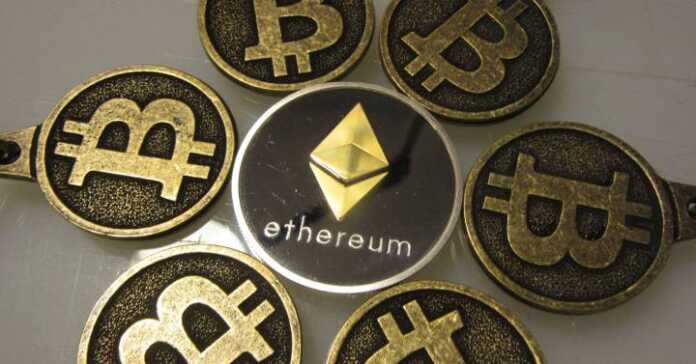The Brussels regulatory initiative is good news, although more so for traditional financial players
The European Union has finally drawn up common rules to regulate the sector in the Union. With bitcoin falling almost 60% since January, amid the blaze of cryptocurrency firms, it’s rare good news, albeit more so for traditional financial players.
The EU deal means exchanges and issuers have to follow EU-wide rules for transactions within the region, for example between France and Germany. Regulators will require cryptocurrency transaction facilitators to disclose the identity of buyers and sellers. Issuers of so-called stablecoins will have to hold reserves that allow massive withdrawal of funds and be based in the EU. This is a big change for Central, Northern and Western Europe, the world’s largest cryptocurrency market, which captured a 25% market share of global transaction volume in the 12 months to June 2021, according to Chainalysis.
Not everyone will be happy. French lawmaker Aurore Lalucq questioned her country’s decision to grant a license to Binance, citing a Reuters report that found that the cryptocurrency market has served as a conduit for $2.35 billion worth of money laundering. The new legislation also contains loopholes. Non-fungible assets (NFTs) and decentralized finance (DeFi) remain largely excluded from supervision. Cryptocurrency companies do not yet know what liquidity risks and environmental reporting regulations they face.
What is known for certain, however, is that it will increase compliance costs. Traditional banks and well-resourced financial institutions with existing compliance teams can mitigate the added expense. Entities such as Citigroup and PNC Financial Services have long waited for regulatory stability to offer cryptocurrency services to their clients, and their arrival should spur revenue growth. The same is probably true of well-established companies in Europe, such as Bitpanda, a Peter Thiel-backed crypto broker valued at $4.1 billion.
Those harmed by the rules, which will arrive around 2024, are the less established exchanges and issuers of cryptocurrencies. Binance, which processes hundreds of billions of dollars worth of cryptocurrency trades a month, and rival Coinbase Global, which is publicly traded with a value of $12 billion, have the money to comply with the new rules. But setting up a compliance team could cost millions of euros, according to an industry insider. It’s a huge expense for smaller players like Crypto.com, who are already losing out in recent crypto scandals, because it means less interest from private equity. Still, everyone else will see your plight as an acceptable price to pay.













